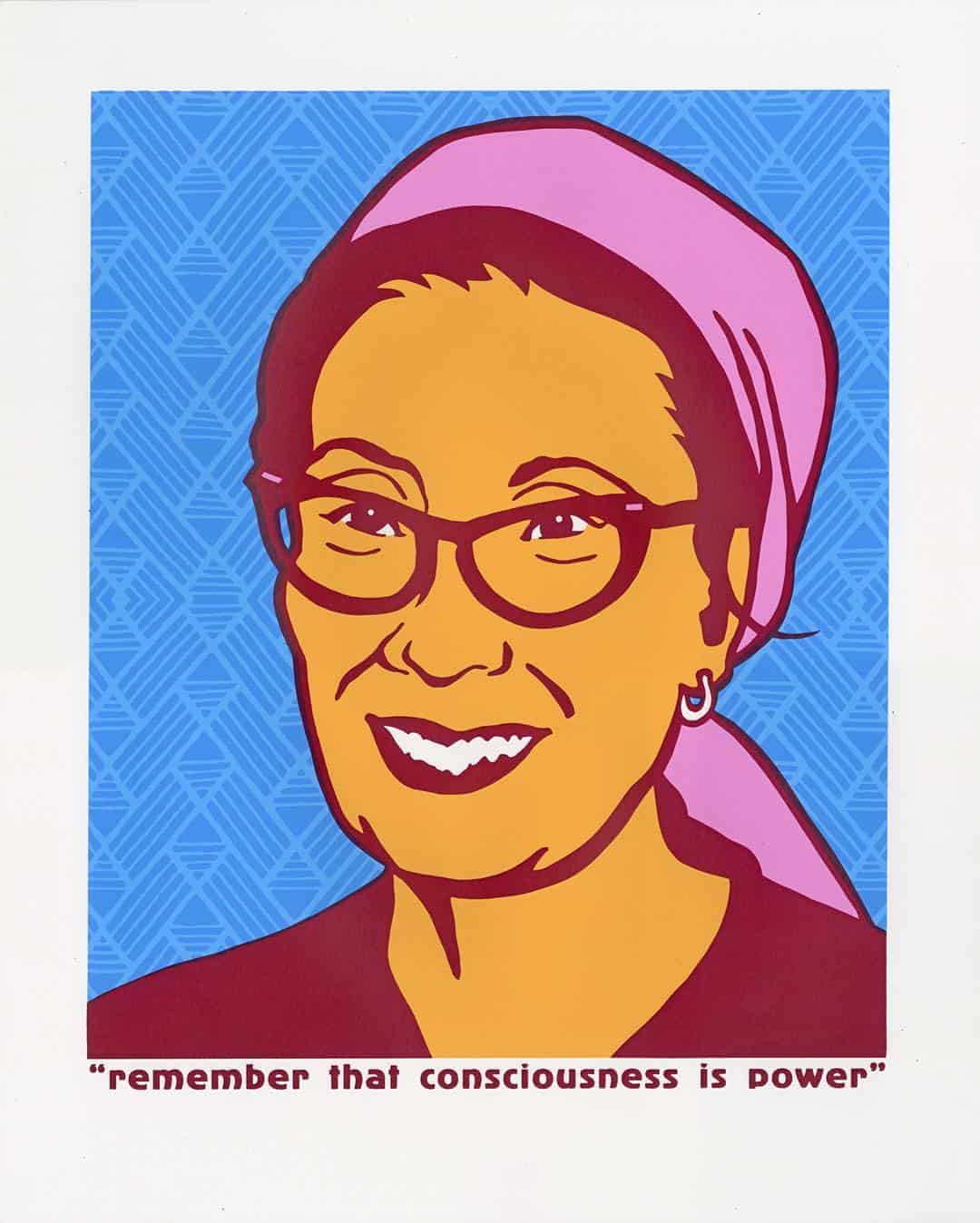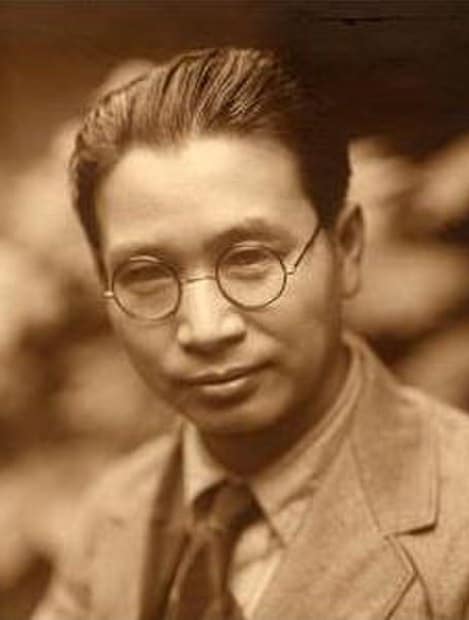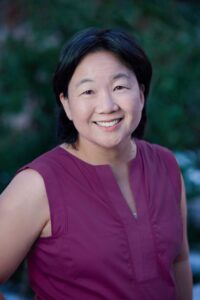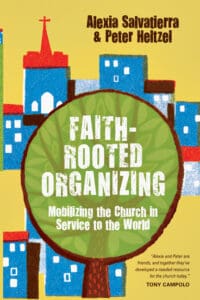Who are the people who have influenced your life?
Navigating the world as both a Christian and a Japanese American, I have found it hard to find places that combine both of these important aspects of my life.
But over the years, I have collected a list of both personal connections (people I’ve met who have characteristics I hope will develop in my life—folks who point me to the things that are deeply important, if not fashionable) and people I’ve never met but who have inspired me with their story. Below is a curated selection from that second group of folks.

Yuri Kochiyama (1921-2014) was an activist and probably my first introduction to a picture of Asian American women, informed by their faith, standing up for justice. While I don’t know much about her personally (although she’s a distant relative), I am inspired by her long history of activism for deep change. From the 1960s, when she marched with Malcolm X, until her death in 2014, she worked for racial justice and for freedom for wrongly incarcerated people, always stressing the importance of solidarity. Her family incarcerated in the same internment camp as mine during World War II. She inspires me to recognize that Asian American Christian women come in many forms and that the pursuit of justice is part of the normal things that AAPI women do. (Read my colleague David de Leon’s reflection on her here.)
Sadao Watanabe (1913-1996) was a Christian artist whose woodblock prints have been a helpful theological and devotional tool for me. Christian themes are rarely a part of Japanese art, but Watanabe worked almost exclusively with Christian imagery. He used Japanese foods, clothing, and settings in his retelling of the biblical stories. I know we’re not supposed to make God in our own image, but reflecting on his artwork makes me realize how much I’ve accidentally made God in the image of the American context where I am. His images displace me while inviting me to deeper reflection. And I’ve deeply appreciated his perspectives in highlighting invisible or “minor” characters in stories. His world quickly takes me to Jesus’ heart for those at the margins. (Read a prayer I wrote inspired by Watanabe’s depiction of the wedding at Cana.)

Toyohiko Kagawa (1888-1960) was a peace prophet. He is my guide on Christian social action. I encountered his story in my preparation to learn from slum communities in Nairobi and Cairo. Compelled by his Christian faith, he lived and worked as a peacemaker among the unhoused in Kobe, Japan, in the early 1900s—something unheard of in my Japanese family or during my visits to inaka (the countryside). He learned from these invisibilized people; tales of his journeys through sickness and sorrow are mixed with poignant insights about Christian faith and its formation among the most vulnerable. He continued to work against poverty, for women’s rights, for peace, helping reveal the exploitation of the oppressed. His work and writings are timeless and continue to be a prophetic challenge.
In allowing these heroes’ work to influence me, I don’t expect any one of them to be a saint, worthy of emulation in every area of their lives. But because of the questions they asked and the passions they pursued, I have found them to be helpful guides as I’ve tried to live fully into this body, this life, this time that God has given me, to pursue and lean into a more just world for more of the people who are made in God’s image, that we may more fully reflect the heart of God.
Nikki Toyama-Szeto is the Executive Director of CSA.
is the Executive Director of CSA.


